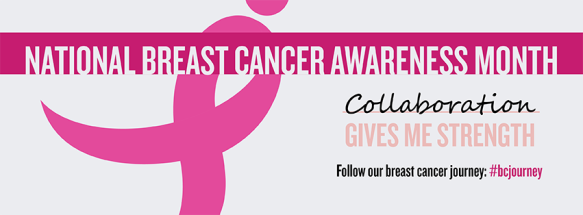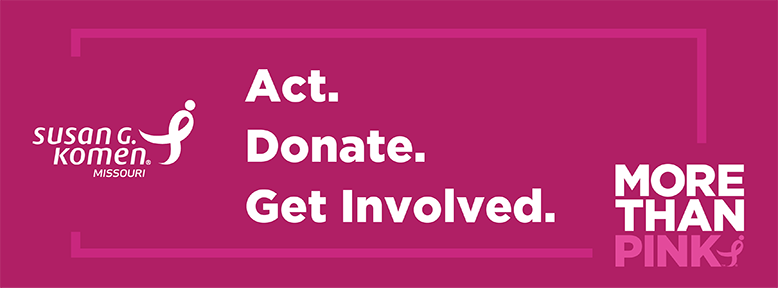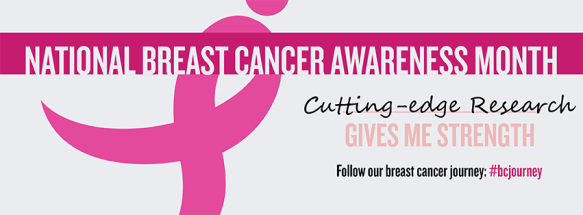 The costs of breast cancer treatment can impose a significant financial burden on survivors. The Susan G. Komen® National Treatment Assistance Fund helps bridge the gap for individuals who are actively undergoing breast cancer treatment.
The costs of breast cancer treatment can impose a significant financial burden on survivors. The Susan G. Komen® National Treatment Assistance Fund helps bridge the gap for individuals who are actively undergoing breast cancer treatment.
The aim of the National Treatment Assistance Fund is to increase the number of individuals who remain in the breast cancer continuum of care by providing financial assistance to ensure adherence and completion of breast cancer treatment. Funding helps individuals of any age who have been diagnosed with breast cancer, at any stage of the disease.
The fund provides two types of financial assistance – assistance grants and co-pay – based upon need and eligibility requirements. This limited financial assistance program is currently administered by CancerCare and the co-pay program is currently administered by Patient Advocate Foundation.
Limited financial assistance grants of $300 are awarded to underinsured or uninsured individuals across the country in need of:
- Pain and anti-nausea medication
- Lymphedema support and supplies with a prescription
- Durable medical equipment ordered by their physician
- Transportation to and from treatment
- Childcare and/or eldercare necessitated by treatment
- Oral medication for cancer treatment
Co-Pay Relief up to $5000 is provided for insured patients who qualify medically and financially to help with the co-pays for their prescriptions and/or pharmaceutical treatments.
For both programs, financial assistance is granted to individuals who meet pre-determined eligibility criteria.
We’re celebrating National Breast Cancer Awareness Month. Connect with and follow Komen St. Louis and use the hashtag #bcjourney to join in the conversation.



